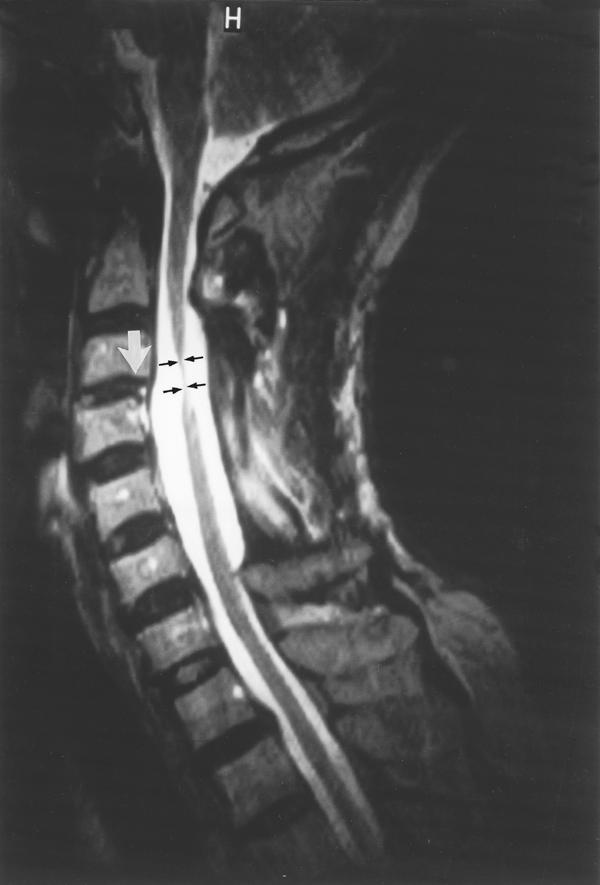
There is a severe form of premenstrual syndrome (PMS) called, "Premenstrual Dysphoric Disorder" (PMDD). Women who experience PMDD can be treated. if you have an unpleasant and disturbing emotional or physical symptoms just before your monthly menstrual cycle and these symptoms disrupt your life you may have PMDD.
How do you know for sure if you have PMDD? It is normal that women have some discomfort just before their menstrual cycle is due and even while they are bleeding each month. only approximately 5% of menstruating women have PMDD symptoms.
There are common PMDD symptoms that can be experienced such as anger and increased interpersonal conflicts, irritability, mood swings, difficulty concentrating, extreme fatigue, an intense feeling of not being in control or of being overwhelmed. they may experience sleep problems or physical problems such as bloating.
To be diagnosed with PMDD, a woman needs to see a medical doctor. the doctor will go over the symptoms being experienced as well as a medical history and a very thorough medical examination. a psychiatric evaluation may also be done to help make the diagnosis. Part of the diagnosis process is ruling out other emotional problems such as depression or panic disorder.
A diagnosis happens after the doctor review the symptoms and after a thorough medical examination by the doctor. the doctor may also order a psychiatric evaluation before coming to a diagnosis. usually a doctor will expect to see that the woman experiences at least five of the commonly seen symptoms of PMDD in the seven days prior to a menstrual period. if the symptoms do not improve with menstruation, they are probably not PMDD.
If the diagnosis of PMDD is made than the doctor will give advise concerning diet, exercise and may also prescribe medications if needed. Nutritionists suggest that women suffering from PMDD avoid or limit salt, refined sugar, alcohol and caffeine from their diet. It is beneficial to take supplements of calcium, magnesium, and vitamin B6 and vitamin E. Women who have PMDD also benefit from not only good nutrition but also regular aerobic exercise.
Antidepressants may help with some of the symptoms of PMDD. Medications such as Sarafem, Paxil CR, and Zoloft may be prescribed. Pain relievers may also be used such as aspirin, ibuprofen or naproxen for the symptoms of breast tenderness, backache, and headache. Diuretics may be used to help with symptoms of bloating due to fluid retention.
Hormones have been used to treat PMDD. certain medications have even been used to stop ovulation and thus avoid the symptoms of PMDD. Medications that are used to stop ovulation include birth control pills, Danazol, Lupron, Synarel, and Zoladex. Progesterone and estrogen have also been used to relieve symptoms of PMDD.
To help with the emotional or psychological symptoms of PMDD individual counseling may be helpful.
Tags: severe form of premenstrual syndrome, premenstrual dysphoric disorder, pmdd symptoms, pms, pmdd